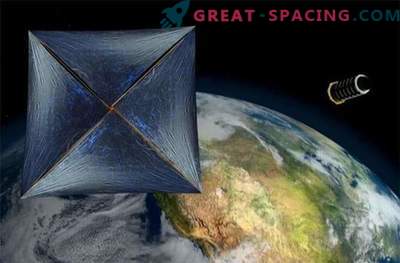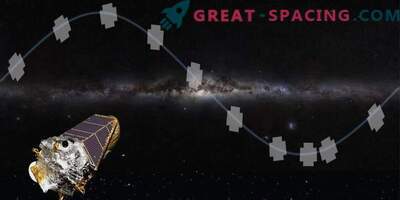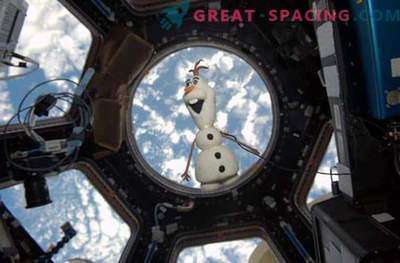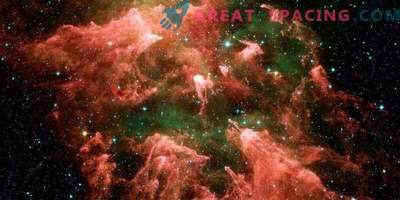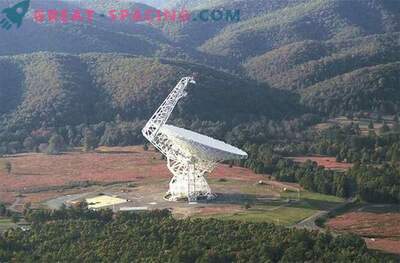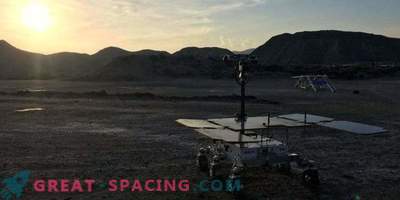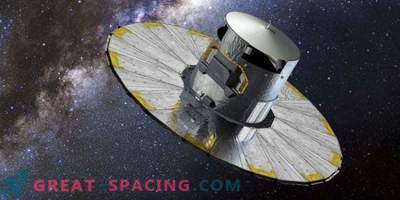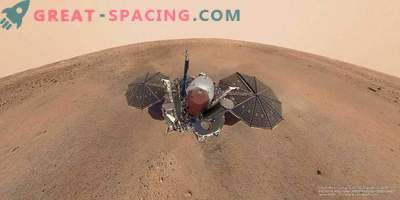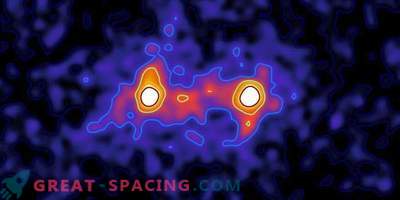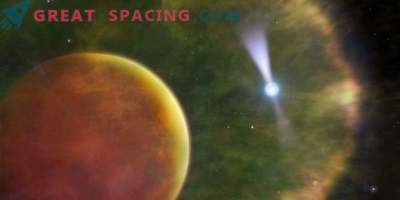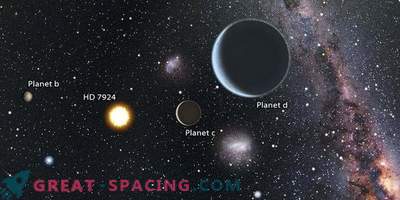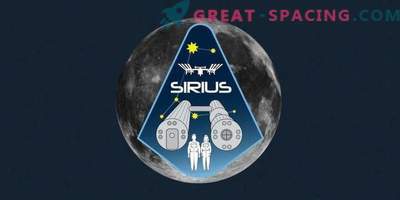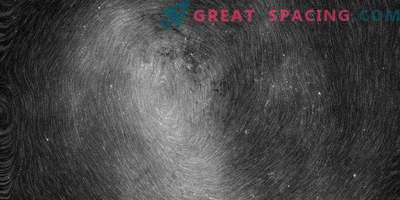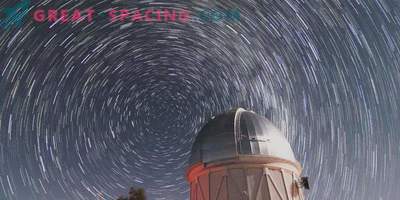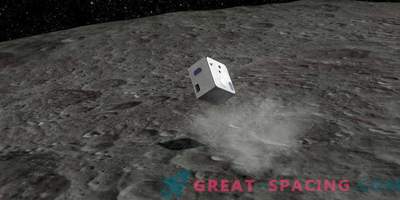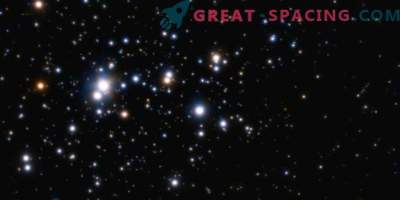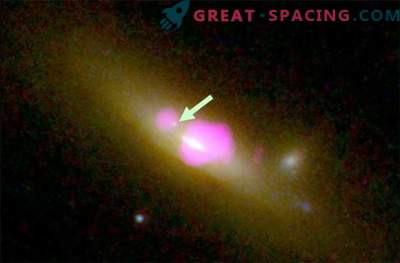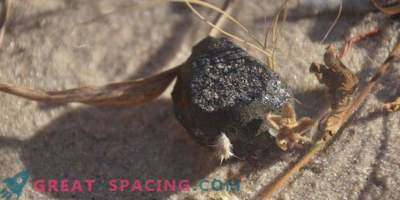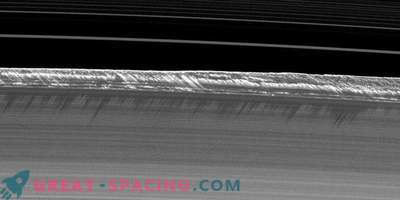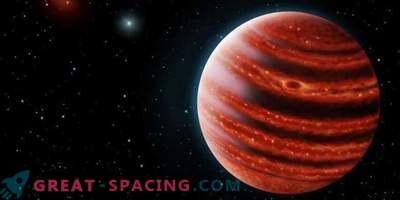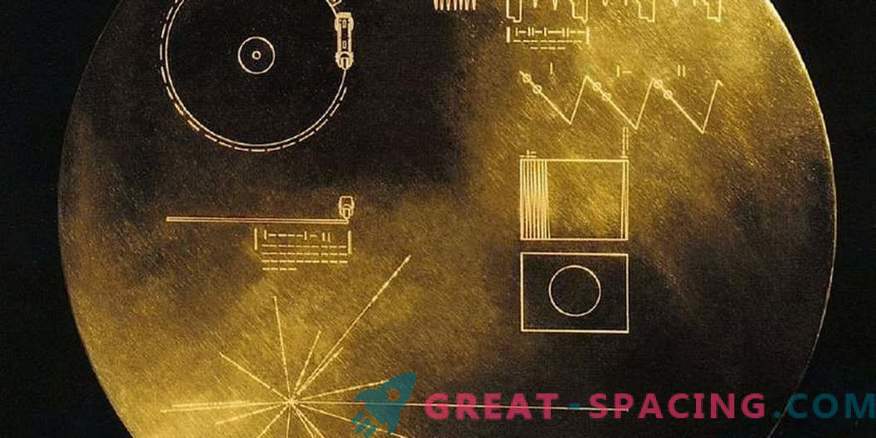
In 1977, the Voyager spacecraft was launched, which was destined to go to the outer solar system and beyond. The probe continues to travel, making its way through the far boundaries of interstellar space and sending back interesting data.
However, the probe went with a small package in the form of a “Golden Plate”. In essence, this is a phonograph record, reflecting a multitude of earthly sounds. The idea was this: if there are intelligent aliens in the universe, and they meet our spacecraft, they can listen to the record and get an idea of the inhabitants of the pale blue point.
NASA decided to make the records of the Golden Plate available for public use. The agency has published several sound bites that illustrate various sounds, such as rocket launches, the movements of the planets of the solar system, and communication fragments of astronauts during missions.
Karl Sagan wrote:
“The spacecraft will meet with aliens and only advanced alien civilizations” will listen to the recordings.
There are two main playlist sounds to listen to. The first is recording greetings in different languages. The second is a set of different sounds (the voice of the mother and child, the sound of a kiss, the barking of a dog, the singing of crickets, Morse code, etc.).
Of course, the Golden Plate is not the only message sent by earthlings. In 1974, the Arecibo Observatory in Puerto Rico sent the first message in the world to potential aliens into outer space. This was one message of the 1679 bits of information laid in grid 23 by 73. It should reach the globular cluster M13 in 26974.
In 2015, Yuri Milner and Stephen Hawking launched a 10-year Breakthrough Listen initiative worth $ 100 million. The program will use two of the most powerful radio telescopes to explore alien life. But there is also an idea to send a message to the aliens. We only need to develop a message that will be understandable to alien beings.

